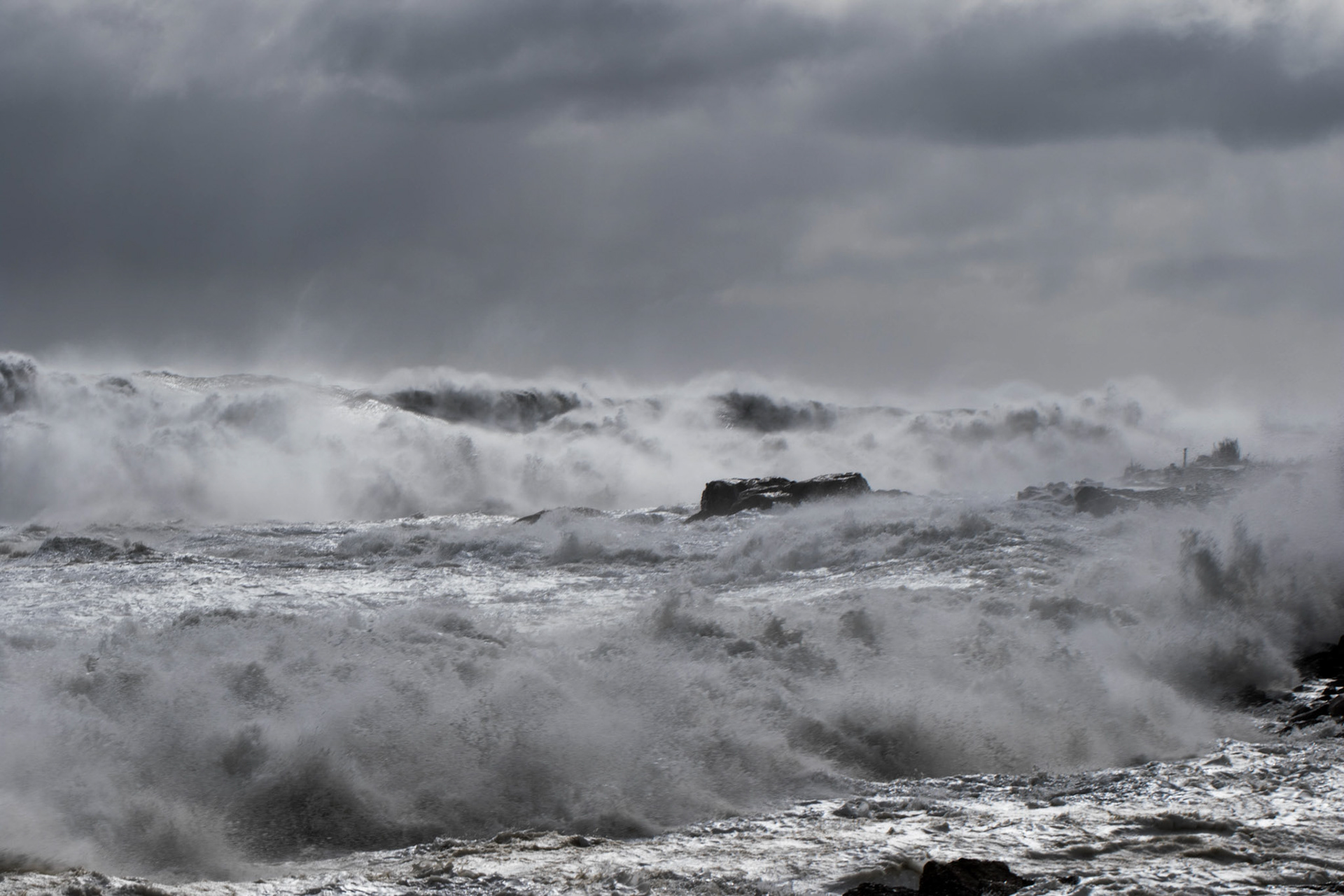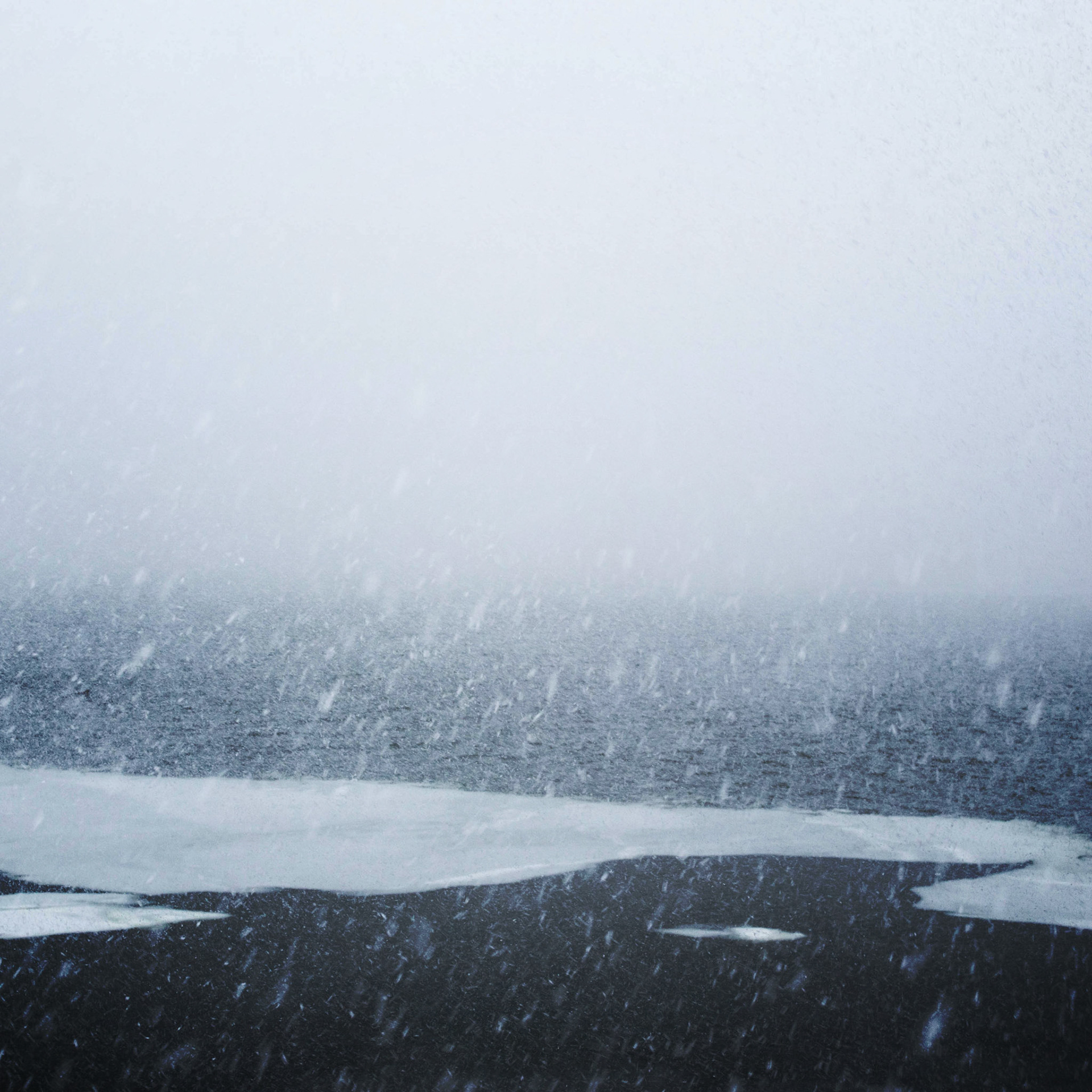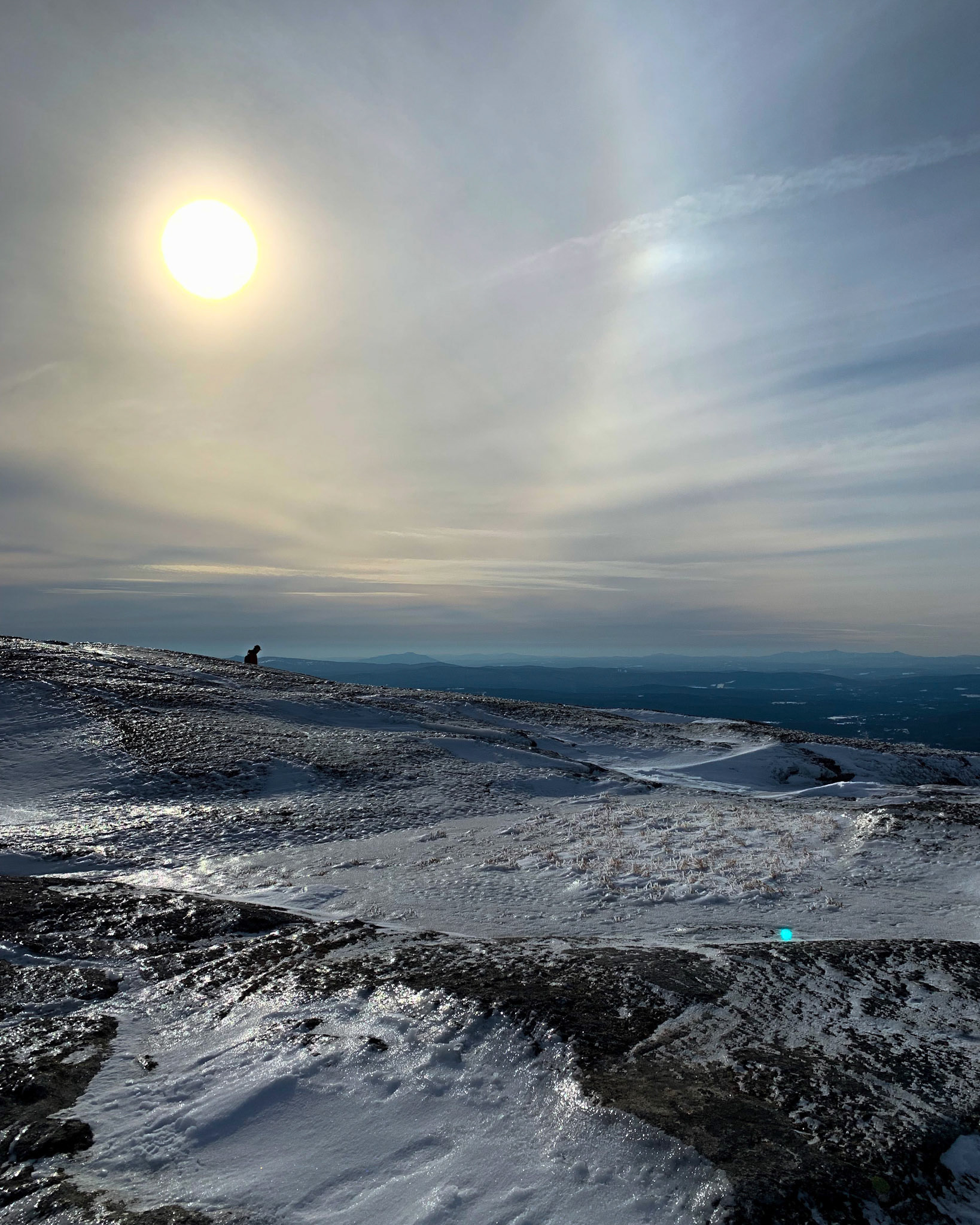By Molly Papows
I reread books. It’s become a bit of a thing. There's a precarious stack of new-to-me treasures regularly growing with good intentions. It's an accomplishment whenever I read something the same year it was published. For a while I wanted to teach English Literature because the thought of lovingly assembling a syllabus and having a reasonable excuse to enable this habit seemed both wonderful and a little bit romantic (happily, I eventually realized this was... not the best reason to be a teacher).
I love that I can pick up a volume, flip a few pages, and smell that I've read it on a beach (the scent of sunscreen, it turns out, is outrageously persistent). The small tear in the cover of my copy of Arcadia reminds me of the friend I lent it to who adored it as much as I do. I have a terrible habit of creating apologetically small dog ears at the bottom corners of pages that are important to me; these provide crucial roadmaps for revisiting some of my best-loved books — the ones I can dip in and out of for ten or fifty pages at a time in any order, the way you pick up a conversation with a close friend when weeks, maybe even months have passed since your last dinner or phone call. Poetry collections especially carry with them the spirit of the giver. When I give someone a book, I inevitably reread the first few pages of their copy — a little secret which I guess is no longer a secret.
Photo by Molly Papows
I can come back to a book years later and picture exactly where I was when I started reading it. In this way, books carry places with them. But mostly they carry past versions of myself.
I’ve reread East of Eden every year since I was sixteen, and it's become an important touchstone for me. I am filled with a visceral nostalgia whenever the azaleas bloom each spring because of this book, and the rest is between me and Steinbeck.
Little Women makes me ache for Massachusetts and reminds me of the version of myself who had never lived outside of it, who was for some reason especially struck by the absurd romance of 19th-century citrus, who was astonished to realize that Orchard House was not so far away from her own home when present-day Boston and Concord felt so remote and the world of the March sisters felt so intimate and familiar.
In the Skin of a Lion transports me back to my senior year of college. It was one book on a frighteningly long list of works we had to read for our comprehensive exam as English majors, and it was so beautiful I gave myself permission to start it over again almost immediately. I revisit Ondaatje’s prose so often that the spines of his books have become impossibly fluid and the paper covers are so worn they’re almost felted.
Shakespeare's tragedies are for revisiting in the winter and the comedies are for the spring, but these rules don't apply to Twelfth Night. The sonnets are a wildcard and I’m always surprised when I suddenly crave one.
Photo by Molly Papows
I’ve created a ritual out of reading something new just after a move. This book also holds a future self — the person who has learned the contours of an unfamiliar landscape and peers back at this disoriented and ceremonial moment through its pages. When I first came to the Upper Valley, I chose the work of Donald Hall. He had only just passed away, and while a high school teacher had given me his late wife Jane Kenyon's A Hundred White Daffodils the week I graduated, his poetry and nonfiction were new to me. Both writers found a home in New Hampshire when they moved to his family farm at Eagle Pond in Wilmot, near Jane’s “blue/ imperturbable mountain,” just forty minutes away from here. Their work is deeply infused with a love for this geography and for each other.
It’s been over a year, and by now I have local mountains that I've hiked in every season, with friends and by myself, at sunrise and at sunset. Coming back down a mountain in the dark has all the intimacy of those first talks huddled over a table with a kindred spirit: drinks are shared without ceremony, hours become elastic, the world is somehow both sharpened and pleasingly indistinct beyond the trail beneath your feet or the immediate, unselfconscious tumble of shared stories, and the spell is only broken once you’ve arrived back at the car.
I recently drove through snow coming down so hard it felt like I was sinking through water rather than moving forward in space. Within minutes, the road was obscured by large, incandescent waves as they lethargically crossed the cool beam of my headlights — the valley storm had become an ocean with trucks, street signs, and distant homes eerily suspended in its depths. When I missed my turn in Thetford and had to throw my car into reverse, the feeling of sinking further was so real my stomach dropped and my foot found the brake before I even had time to think.

Photo by Molly Papows

Photo by Molly Papows
Love Is Like Sounds
Late snow fell this early morning of spring.
At dawn I rose from bed, restless, and looked
Out of my window, to wonder if there the snow
Fell outside your bedroom, and you watching.
I played my game of solitaire. The cards
Came out the same the third time through the deck.
The game was stuck. I threw the cards together,
And watched the snow that could not do but fall.
Love is like sounds, whose last reverberations
Hang on the leaves of strange trees, on mountains
As distant as the curving of the earth,
Where snow still hangs in the middle of the air.
-Donald Hall

Photo by Molly Papows
I thought about the tenderness of this poem as I drove, and that kept me calm. I imagined the page with its affectionate bottom-cornered dog ear. I remembered exactly what I was thinking the moment I creased the paper with my thumb.
My landscape has always been coastal, and now I am slowly learning to orient myself by valleys and ranges, new poems and books. My grip on the steering wheel remained frozen, but my shoulders started to uncurl themselves from around my ears. I could suddenly smell the coffee that had spilled in the cupholder. Snow that “could not do but fall,” and “you watching.”
December 2019
Molly Papows is an art historian based in Lebanon, NH. She has an MA in the History of Art and Architecture from Boston University and ten years of experience working in encyclopedic fine art museums. She's also interested in the many ways an artist can tell a story across disciplines — from fiction and nonfiction to poetry, landscape architecture, and music.
